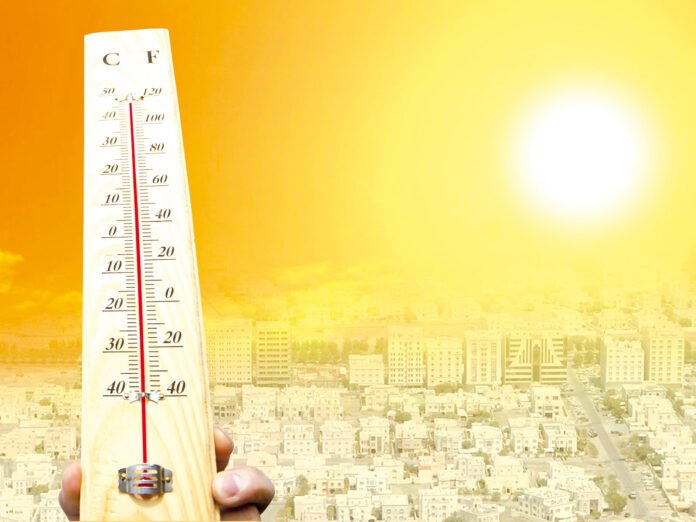As temperatures climb across Oman this summer, the Ministry of Health has issued a clear warning. The rising heat stress risks demand urgent attention, especially for those who work outdoors. With the mercury soaring daily, health officials stressed the need for early prevention. Many citizens already face exposure to intense heat throughout the day. The ministry has asked everyone to stay alert and hydrated.
The warning comes during one of the hottest months of the year. Outdoor laborers face the greatest heat stress risks due to prolonged sun exposure. Construction workers, delivery drivers, and farmers must all take extra care. The ministry urged employers to adjust working hours accordingly. Providing rest areas and water stations remains vital during peak hours.
Authorities emphasized simple yet crucial measures to stay safe. People should wear light-colored clothing and avoid direct sun whenever possible. Drinking water regularly and resting in shaded areas also help prevent heat-related illness. Families should watch for signs like dizziness, confusion, or dry skin. These symptoms may signal early stages of heat exhaustion or heat stroke.
Oman’s Health Ministry also asked people to check on vulnerable groups. Children, the elderly, and people with chronic conditions face higher heat stress risks. Officials encouraged residents to stay indoors between 11 a.m. and 3 p.m. when temperatures usually peak. Public awareness campaigns will continue throughout the summer. Medical teams stand ready to handle emergencies across the country.
Although Oman is no stranger to high temperatures, this summer has been especially intense. Climate change has brought more frequent heatwaves to the Gulf region. As a result, the government has ramped up its public health guidance. The ministry warned that ignoring heat stress risks could have serious consequences. They continue to urge caution and common sense for all.
Oman’s long-term plans include stronger protections for outdoor workers. Proposed measures may include mandatory breaks and real-time heat alerts. Employers could face stricter rules during extreme weather. Meanwhile, residents must take personal responsibility as temperatures rise. Only a joint effort can effectively reduce heat stress risks in the months ahead.


